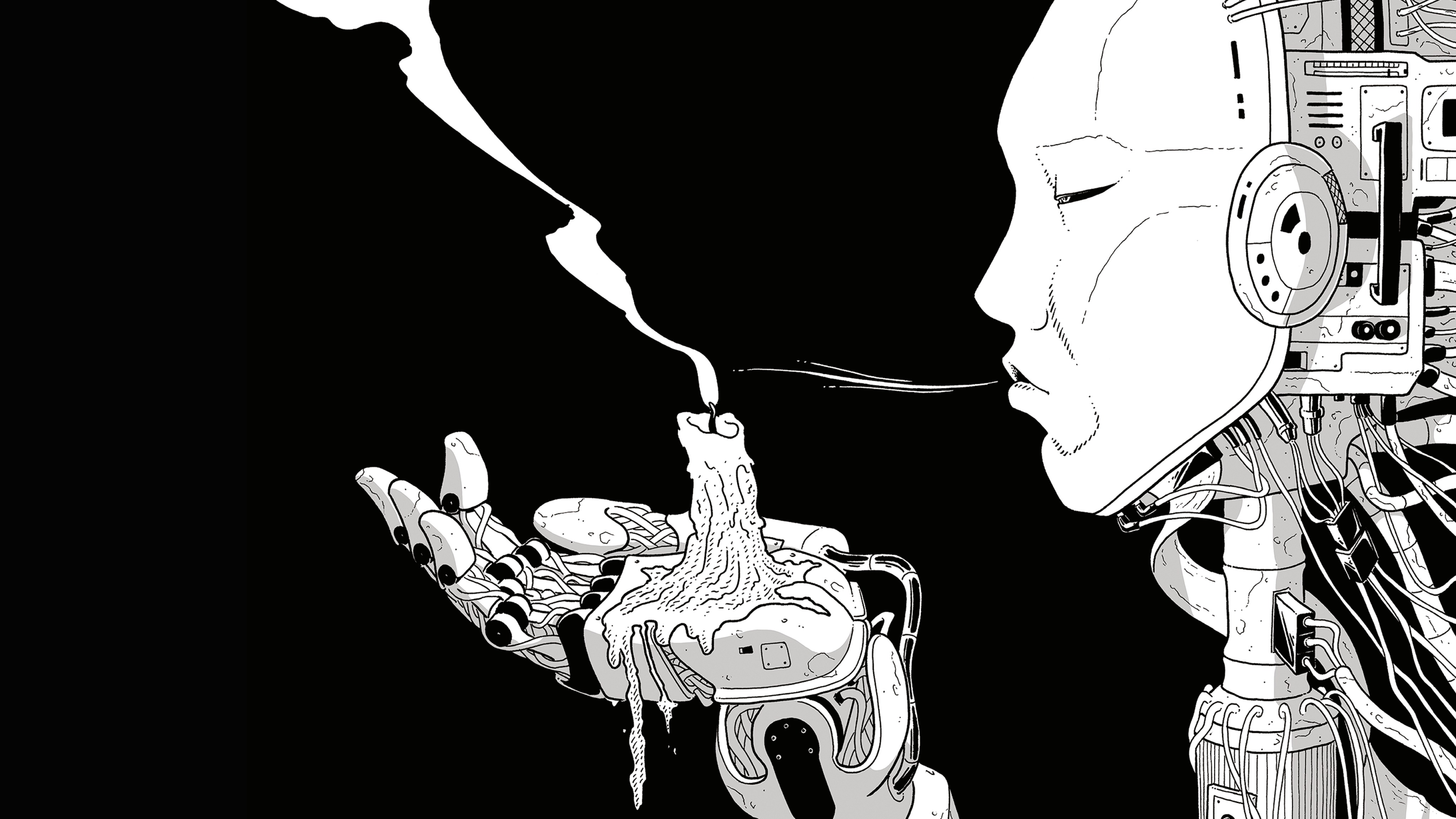It is hard to argue with the results. Technology has already automated vast portions of agribusiness and manufacturing, reducing the cost to the consumer by reducing labor as a component of that cost. The areas of our economy which have not yet been automated have had a greater increase in cost, including the areas of education, health care, and recreation. This is certainly good for consumers but is it good for mankind overall? In 1930, economist John Maynard Keynes wrote in “Economic Possibilities for our Grandchildren” of the day when they would work 15 hours a week or less and be free to turn their attention to pleasure as opposed to the necessities of life. Is it a good thing for mankind to have so much free time and the financial resources to pursue amusement or entertainment or pleasure? The average work week fell from about 60 hours per week in the late 20th century to under 40 hours at the start of the 21st century and is now moving to about 30 hours per week in the next 5-10 years (at least in the West). Has this change been accompanied by such improvements in life or the ennoblement of mankind? Keynes did not even figure in the number of hours worked in our economy devoted to the very things of pleasure (from gaming to media).
Already we have options to bypass the machine for human interaction, for the “human premium”. You see this premium in the banks that change for interactions with a human teller or in the restaurants that are using kiosks to order and pay for food and reducing the people taking your order and money or in the retail stores in which the self-checkout registers increase and the cost for the "human premium" is often a very long wait in line. Those with the resources can always opt for the human interaction but those without such resources have only the interface with AI to deal with. Has this improved our access to and our satisfaction with such businesses? Are we happier to deal with the machines directly without the human interface? The reality is that we have not had much choice. As the numbers of people working declines, we have of necessity been forced to deal with the machine as the only alternative the retail employers and restaurants can supply.
All of this is interesting but my real concern is whether any of this actually improves us as people and not simply a standard of life in which pleasure is the highest good. Are we at our best in leisure or recreation or in the pursuit of pleasure or does this expose our worst? Is amusement our real and essential purpose or is there more? Does entertainment help to make us better people or is it neutral or could it be a negative influence upon us? The role of religion here is to talk about the value of such advances and the cost -- not to the pocketbook but to the humanity of our society and culture. Worst in all of this would be the attempt to use AI to replace what now passes for worship, catechesis, and Christian service. When that happens, God has been replaced by the machine. Sadly, as Dorothy found out, the wizard is then just a man, his magic a fake, and his gift the worst disappointment. What will we find when we pull back the curtain on AI? We must not simply evaluate the success of AI on its ability to release us from daily drudgery and we must expect that such technology not simply be the cause for exposing and perpetuating the weakness within. God help us!

1 comment:
If what is planned/desired comes to pass, it will make the internet moot. There will be nothing that can be believed or trusted that is not face-to-face interaction.That is, of course, if the AI doesn’t see us all as a deadly virus, and wipe us out. The good side of AI is the increase in knowledge and calculations. Cures for diseases, solutions for world problems and the like can be found. For the Christian, trust in the Lord, and not in the cheering crowd and developers of what may have some good come of it. The internet is the source of many good things, but equally (or more so) of sinful temptations and results.
Post a Comment